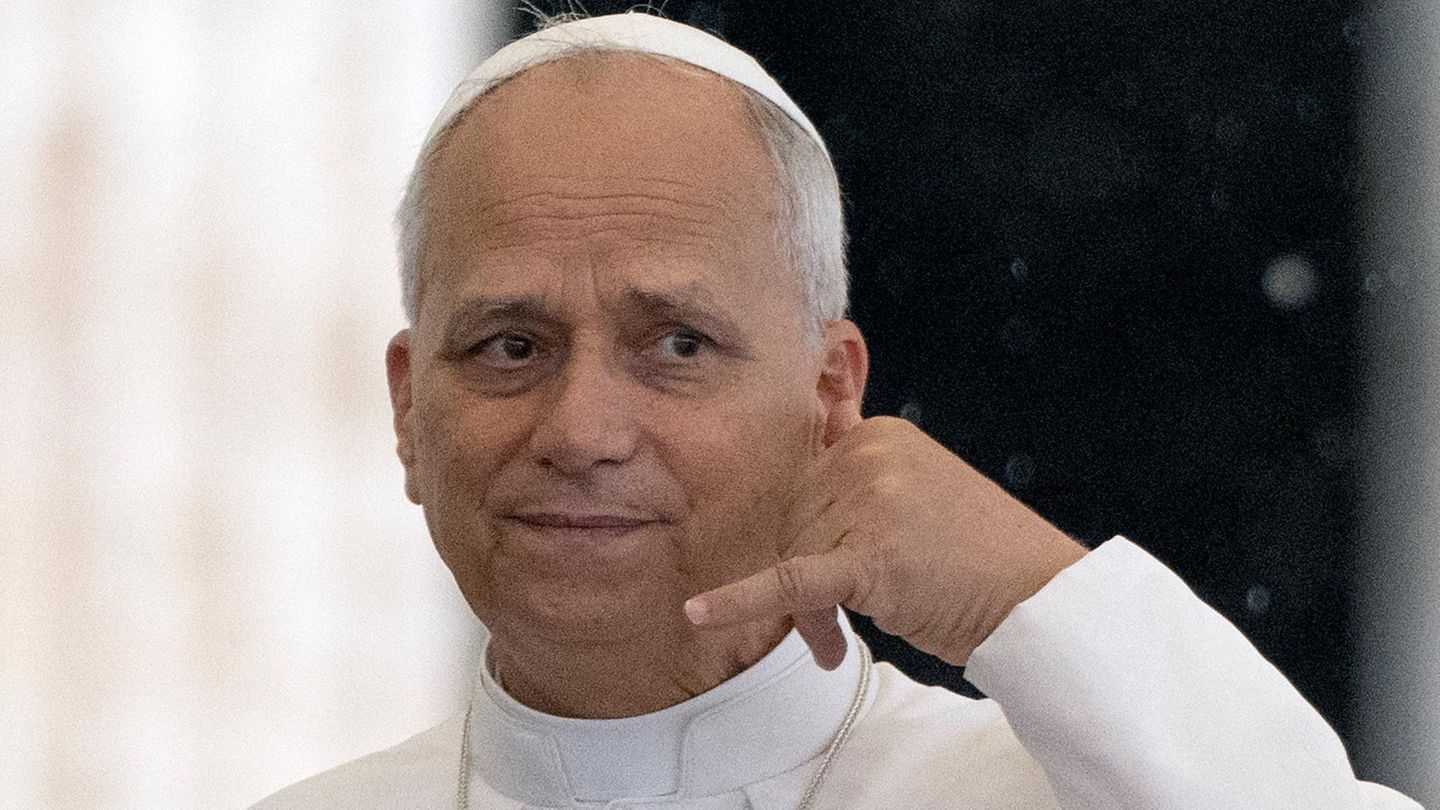The railway has been in a tough wage conflict with the EVG for weeks. The train drivers’ union GDL also has a long catalog of demands – but completely different ideas are causing a stir.
GDL boss Claus Weselsky wants to fight for more wages and less working hours for thousands of railway employees – and then snatch their train drivers away from the railway companies. In the forthcoming collective bargaining negotiations, the train drivers’ union GDL wants to push through 555 euros more per hour, a reduction in working hours to 35 hours for shift workers without a proportionate wage reduction and 3000 euros as an inflation compensation premium. Weselsky announced on Monday in Berlin that the collective agreements should have a maximum term of twelve months.
Above all, another announcement by the head of the union caused a surprise: the GDL had founded a cooperative that wanted to act as a temporary agency for engine drivers in the medium term. In short: GDL indirectly wants to become an employer itself and employ a professional group in which there is already a clear shortage of skilled workers – an extremely unusual constellation. First, this cooperative should negotiate a collective agreement – of course with the GDL.
Weselsky justifies GDL demands with a shortage of skilled workers
Negotiations between GDL and Deutsche Bahn will begin at the end of October after the end of the peace obligation. But because the union will already be negotiating wage increases with other rail companies beforehand, it has already presented the demand.
Specifically, the union is aiming for a salary increase of 555 euros – combined with a reduction in working hours from 38 to 35 hours for shift workers, this is an expensive demand. In addition, there is the desired payment of the tax-free inflation compensation premium of 3000 euros for a contract period of twelve months – that is the equivalent of another 250 euros more per month net on the account.
Weselsky justified the demands with the lack of skilled workers and young people, which in his opinion would hit the rail industry hard without far-reaching adjustments. “We have to ensure that enough workers arrive in our rail system,” he said.
The EVG requirement and the status of the negotiations
Weselsky burst with his appearance in the middle of the collective bargaining between the railway and transport union EVG and Deutsche Bahn, which has been ongoing since the end of February. The EVG demands 650 euros more per month and an increase of 12 percent for the upper wage groups. Deutsche Bahn has so far been willing to pay percentage increases of between 8 and 12 percent in stages, plus 2850 euros duty-free and tax-free in two stages. The Deutsche Bahn provides for a term of 24 months – twice as long as the EVG.
GDL and EVG, two quarreling competitors
A few weeks ago, Weselsky accused the EVG and the railways of working together because all long-distance traffic was stopped due to the EVG warning strikes in March and April. The reaction of the railway was exaggerated, said Weselsky. There can be no talk of solidarity on the part of the employees in the railway industry, instead there is a great effort to fight for influence.
Roughly speaking, the EVG is the stronger employee representation at Deutsche Bahn, while the GDL is at private railways. This is underpinned by the Collective Bargaining Act: If there are several collective agreements for the same group of employees in a company, the agreement of the union with the most members in a company will be applied.
At Deutsche Bahn, a good 180,000 employees are currently paid according to the EVG collective bargaining agreement, the GDL contracts are used in slightly less than 20 companies with a good 8,000 employees. That doesn’t mean that there are only 8,000 GDL members at Deutsche Bahn – but it’s not represented strongly enough in most of the 71 companies that are affected by the Collective Bargaining Act.
Union launches temp agency
Weselsky wants to undermine the Collective Bargaining Act and also what he sees as immoral decisions on the DB board of directors with a cooperative in which only GDL members can purchase shares in the cooperative. Engine drivers are then to be employed as employees, who will be loaned out by the cooperative to railway companies. That was a declaration of war on the “red giants”, i.e. the DB, said Weselsky. He himself is “outside” in the cooperative, he has only privately subscribed to cooperative shares.
“The people who are our members are tired of being bullied by an employer who stuffs their own pockets, goes through life immorally and tells those who bring value to be modest,” Weselsky said . Whether the cooperative idea can work is completely open. Ultimately, train drivers at DB would have to quit their secure jobs and take on the “Fair Train eG” venture for Weselsky’s plan to work.
Rough tone in autumn already foreseeable
One thing is certain: Weselsky will once again draw attention to harsh accusations against the federally-owned group during the collective bargaining negotiations with DB in the fall. He presented a sample on Monday: The union was not willing that the hard-working railway workers would have to suffer every day because “their managers, their superiors, are unable to organize rail traffic in the country,” said Weselsky.
“Neither train drivers, nor train attendants, nor on-board restaurateurs, nor dispatchers or employees in the workshops can afford to deliver such a poor performance,” Weselsky added. “They are involved every day and strive to keep this railway system running. Without them, the railway would no longer run.”
Source: Stern




